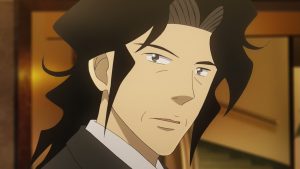 I have no idea if anyone besides me is still watching Piano no Mori, but if they’re out there in the echo chamber they’re seeing a mixed bag of significant proportions. I hope they are of course, because this is a good series about classical music and lord knows, those don’t exactly grow on trees. But if they are, they’re seeing something really unfortunate in terms of the production itself. Crowd shots with literal 2-D audience members, expressions which don’t change for minutes at a time, background faces dissolving into mush.
I have no idea if anyone besides me is still watching Piano no Mori, but if they’re out there in the echo chamber they’re seeing a mixed bag of significant proportions. I hope they are of course, because this is a good series about classical music and lord knows, those don’t exactly grow on trees. But if they are, they’re seeing something really unfortunate in terms of the production itself. Crowd shots with literal 2-D audience members, expressions which don’t change for minutes at a time, background faces dissolving into mush.
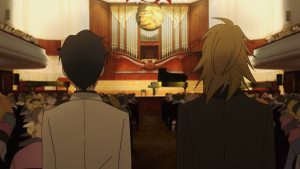 No series deserves this, much less one like Piano no Mori. I’m past lamenting what it means in terms of what’s become of Gainax – this isn’t even literally Gainax any more, and even when it was it was a technicality at best. I just think it’s a sad commentary about the anime industry that production values of this caliber are the best a budget can produce. I respect director Nakatani Gaku for trying to make up for with style what the series cannot deliver with money, but’s it’s a losing game most of the time. And what a shame that is for those of us that love classical piano, but not just us. It’s a shame for anime as well.
No series deserves this, much less one like Piano no Mori. I’m past lamenting what it means in terms of what’s become of Gainax – this isn’t even literally Gainax any more, and even when it was it was a technicality at best. I just think it’s a sad commentary about the anime industry that production values of this caliber are the best a budget can produce. I respect director Nakatani Gaku for trying to make up for with style what the series cannot deliver with money, but’s it’s a losing game most of the time. And what a shame that is for those of us that love classical piano, but not just us. It’s a shame for anime as well.
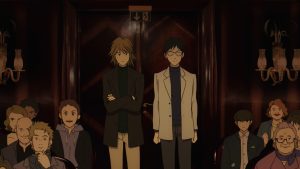 The one area where Nakatani can deliver is with the music (that part is cheap) and thank goodness for that. We hear Sophie Armesson playing an actual Yamaha and Pang Wei an actual Steinway, and we can marvel at the difference in tone. We can appreciate the austere delicacy Ormesson’s “piano seiyuu” brings to her performance, and the restless agitation Pang’s brings to his. Chopin’s music is always interesting to listen to, but especially when the interpretation of it is the main theme it’s truly a fascinating experience.
The one area where Nakatani can deliver is with the music (that part is cheap) and thank goodness for that. We hear Sophie Armesson playing an actual Yamaha and Pang Wei an actual Steinway, and we can marvel at the difference in tone. We can appreciate the austere delicacy Ormesson’s “piano seiyuu” brings to her performance, and the restless agitation Pang’s brings to his. Chopin’s music is always interesting to listen to, but especially when the interpretation of it is the main theme it’s truly a fascinating experience.
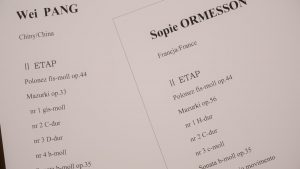 Pang Wei certainly has a dark backstory, which we pretty much knew. While I don’t much care about him as a character if I’m honest, it’s certainly relevant to his music and the way he interprets Chopin. Wang is acting as an interpreter of Ajino here as much as Chopin in truth – trying to climb the spider’s thread out of Hell and spin a new one of his own. Pang’s playing is all about impact, and while that always resonates with an audience it doesn’t always resonate with a judging panel (though it did at the Long-Thibaud-Crespin Competition, which he won and where Sophie finished third).
Pang Wei certainly has a dark backstory, which we pretty much knew. While I don’t much care about him as a character if I’m honest, it’s certainly relevant to his music and the way he interprets Chopin. Wang is acting as an interpreter of Ajino here as much as Chopin in truth – trying to climb the spider’s thread out of Hell and spin a new one of his own. Pang’s playing is all about impact, and while that always resonates with an audience it doesn’t always resonate with a judging panel (though it did at the Long-Thibaud-Crespin Competition, which he won and where Sophie finished third).
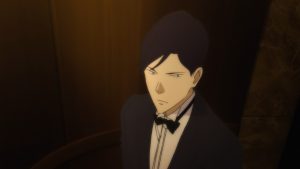 The key moment of the episode for me, though, came at the very end of it when Shuuhei said “This is a predestined showdown”. He didn’t mean it the way it begs to be interpreted – or at least if he did, he’s not admitting that to himself. Sadly we all know how this is going to end up, and we even saw the likely seeds of that resolution planted in Youichirou’s conversation with Christina. Shuuhei will lose to Kei, but will win the approval of his father and his character will have to feast on the crumbs of that meager meal tossed to him by Isshiki-sensei. It really is a shame, because the other ending would be way more interesting than the one we’re going to get.
The key moment of the episode for me, though, came at the very end of it when Shuuhei said “This is a predestined showdown”. He didn’t mean it the way it begs to be interpreted – or at least if he did, he’s not admitting that to himself. Sadly we all know how this is going to end up, and we even saw the likely seeds of that resolution planted in Youichirou’s conversation with Christina. Shuuhei will lose to Kei, but will win the approval of his father and his character will have to feast on the crumbs of that meager meal tossed to him by Isshiki-sensei. It really is a shame, because the other ending would be way more interesting than the one we’re going to get.


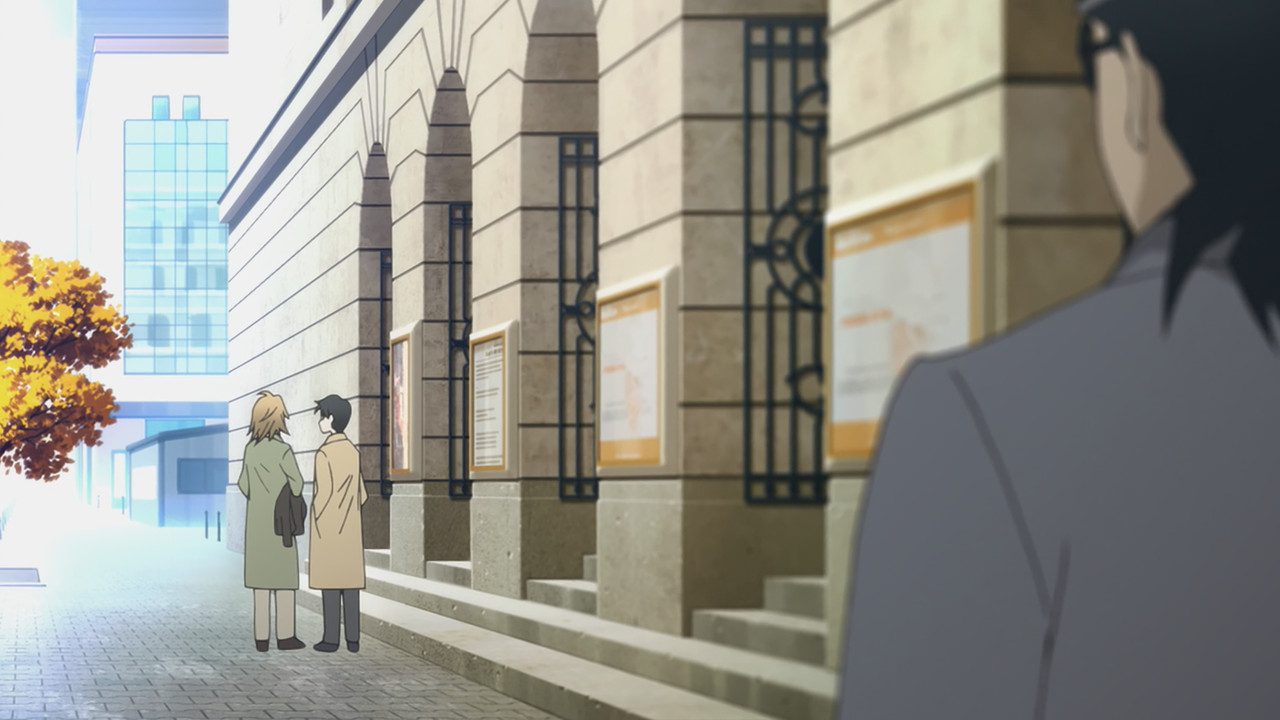
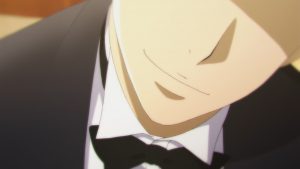
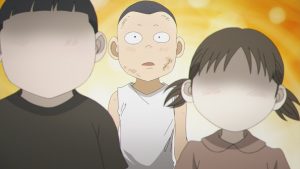
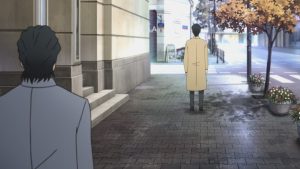
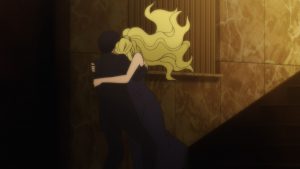
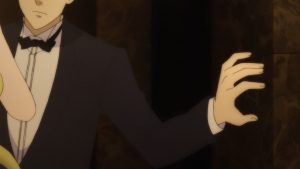
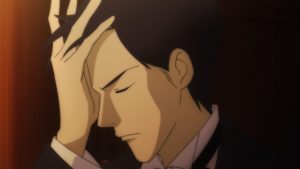
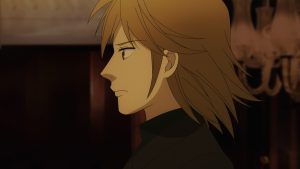
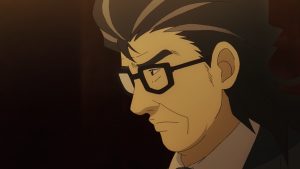
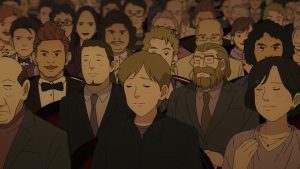

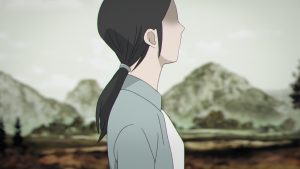
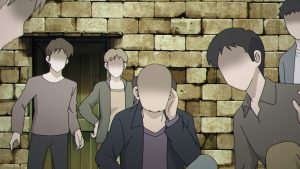

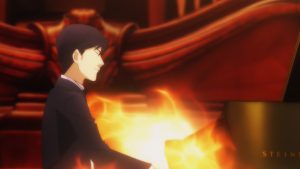
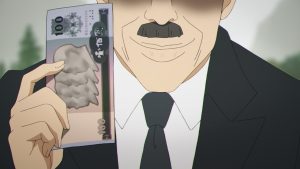

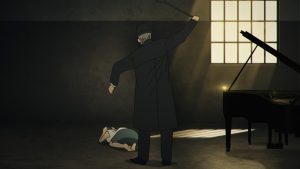
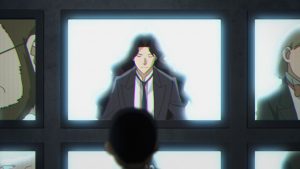
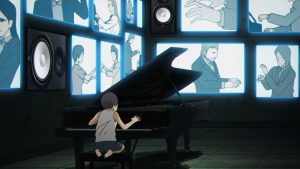
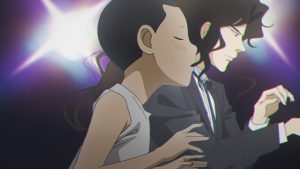
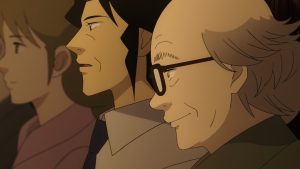
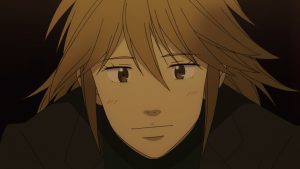
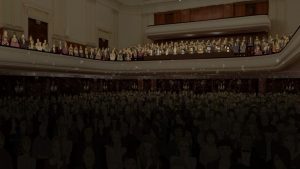
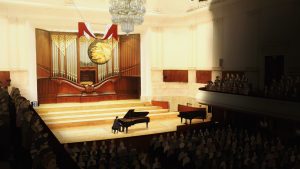
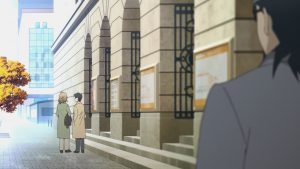
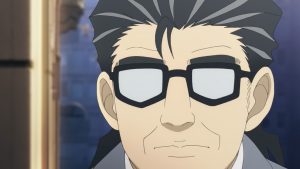
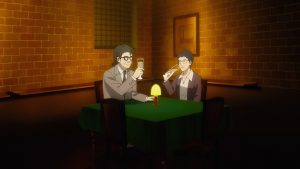
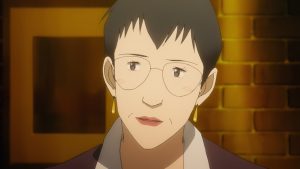
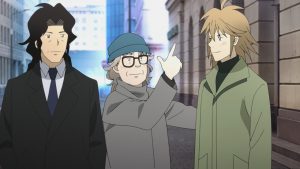
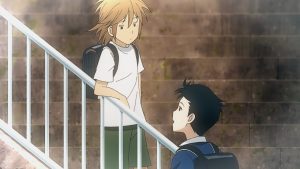

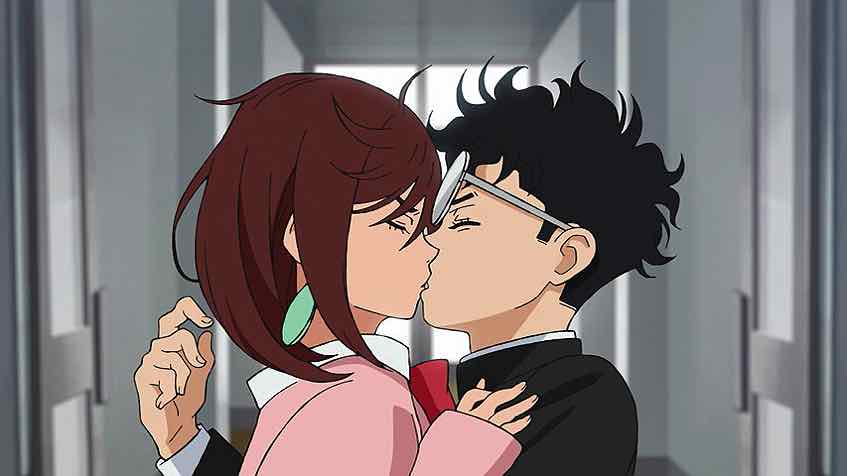
leongsh
February 12, 2019 at 5:07 pm*raises hand*
Still watching. Mildly interesting so far. Really nothing much to write about.
Guardian Enzo
February 12, 2019 at 6:40 pmIf Shuuhei wins in the end I’ll write a fucking magnum opus…
leongsh
February 12, 2019 at 6:45 pmWhat if neither Shuuhei nor Kei win it?
Guardian Enzo
February 12, 2019 at 6:49 pmI hope that’s not a spoiler.
leongsh
February 12, 2019 at 7:48 pmI haven’t read the manga. No clue how it ends. By default, would expect Kei to win it since he is main character.